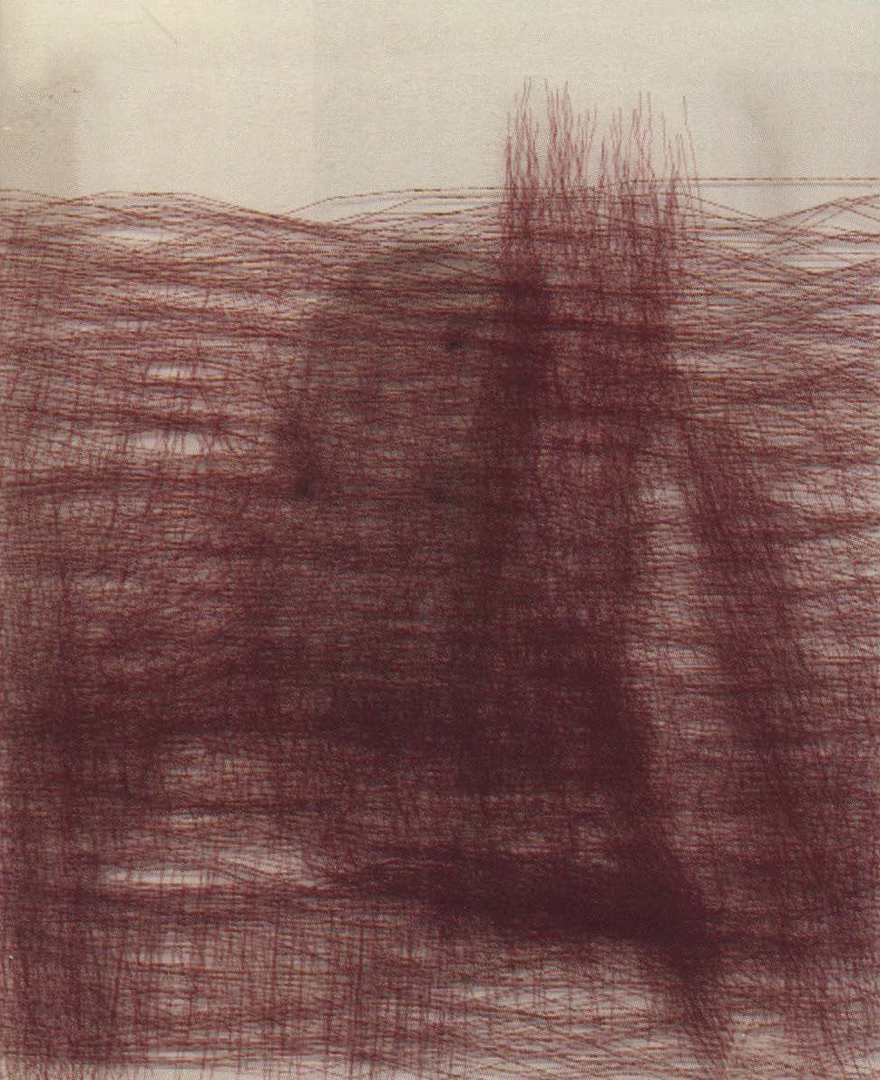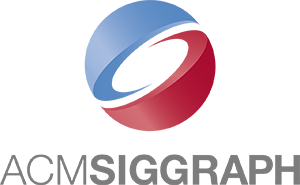Hans E. Dehlinger: Turm Unter Glas
Artist(s):
Title:
- Turm Unter Glas
Exhibition:
Creation Year:
- 2003
Size:
- 24 cm x 29 cm
Category:
Keywords:
Artist Statement:
Computer art is usually regarded as short-lived with respect to the durability of the objects over time. For prints, an expected lifetime of 25 years (longer in special cases) is assumed, and the goal of newer processes is 100 years (not a long time, given the timespans of art history, which, depending on one’s viewpoint, may be in the range of 30,000 years). To overcome this problem (if one chooses to regard it as a problem), processes using high temperature, which melt computer-generated images onto glass, may be used.
This work, Turm Unter Glas, is “permanent” under “normal” circumstances. It is part of a series of experiments that addresses the permanency and durability of computer-generated art objects. In these experiments, algorithmically generated drawings are:
1. Melted into the surface of thick glass sheets under high temperature.
2. Sandwiched and melted in between two glass sheets.
3. Cut into stainless steel with lasers.
The drawings are line images only, because lines are very simple geometric structures and, at the same time, inexhaustibly rich elements of artistic expressions. This is one of the main reasons why I like to work with lines. I have chosen a personal definition, which makes these lines distinctly and identifiably my lines. For the generation of such lines, relevant feature values are: number of starting points, number of lines originating from a given point, angular boundaries for a polygon, spread of a segment, and number of segments in a polygon. It is the starting point that calls for the first decision in a drawing process, no matter if the pen is steered by the hand of an artist or a computer-driven device. The question of starting points and the question of the “character” of the line developing from those points have to be taken care of by the programme. Especially interesting are two sets of algorithms, those which generate drawings in a “one-shot” generative process, and those that make use of “composite” processes.
Affiliation Where Artwork Was Created:
- University of Kassel





